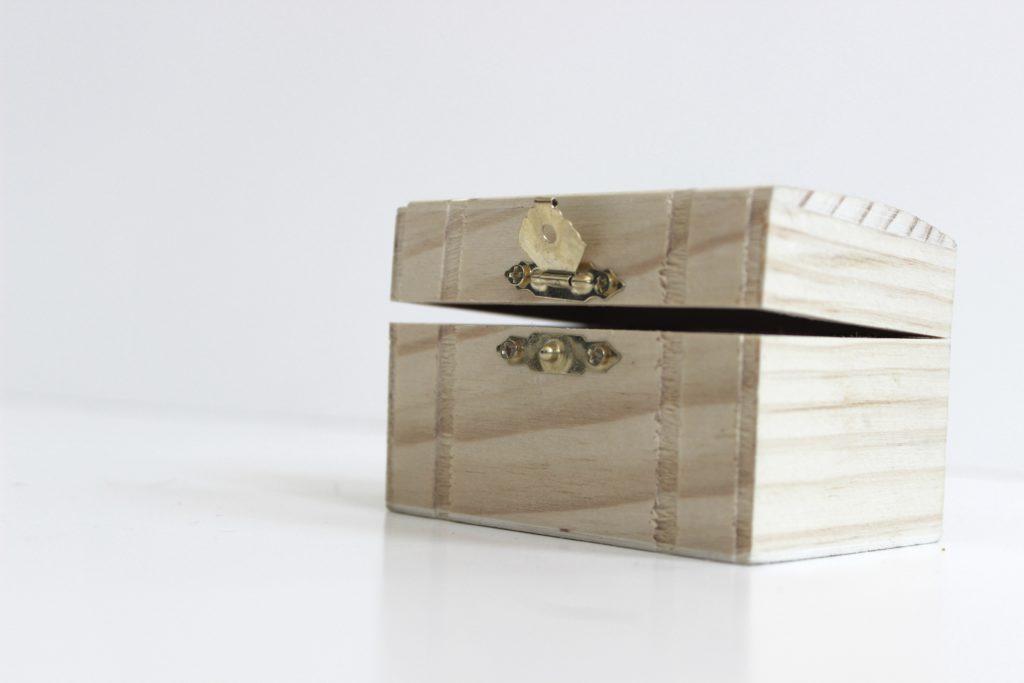Forbes’ recent article, “Keeping Your Estate Planning Documents Safe,” explains that because of the expense of storage and the move to paperless offices, most estate planning attorneys are now having their clients hold the original documents. Where should you keep your estate plan?
Previous generations of attorneys kept their clients’ paperwork at their offices, in part for security and in part to make it more likely that they would be retained for any postmortem work that may arise. This made sense when law firms and clients seldom moved. In the modern world, where both law firms and clients are far more mobile, this paradigm just doesn’t fit. It’s up to you to keep your plan safe and secure.
Safe deposit boxes. This is the most secure option, but it can create a very troublesome situation. If you pass away or are incapacitated—and nobody has access to the safe deposit box—they’ll need a court order to get access. The entire point of doing an estate plan is to minimize the expense and inconvenience. If you use a safe deposit box, your executor or trustee must be on the signature card that allows them to access the box.
Get a fireproof safe. A fireproof safe is a great place to keep these important documents. These are much more widely available and reasonably priced than they were a generation ago. As with the safe deposit box, you should let your executor or trustee know where they are and how to get them.
Make copies. Get a set of hard copies in another location that is easily accessible. You can now use the safe deposit box to hold a set of copies of your documents. Your attorney should also have a set of hard copies.
Remember that this isn’t a “one and done” task. You should review your documents every few years to make certain the people you’ve named in them are still alive and your intentions haven’t changed.
Reference: Forbes (August 16, 2019) “Keeping Your Estate Planning Documents Safe”



